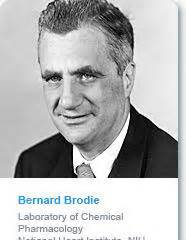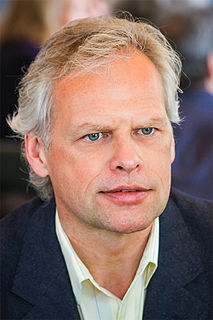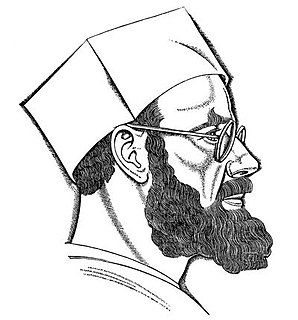A Quote by Richard Steele
Pleasure, when it is a man's chief purpose, disappoints itself; and the constant application to it palls the faculty of enjoying it.
Related Quotes
When you are free of your self in your heart, your labouring within your self is therapeutic to your self. It is a constant blend into your self of what your own Being is. The movement of love, enjoying being at work in the self. The movement of love, enjoying making a change in your self. The enjoyment of application.
Look around you and look at history. You will see the achievements of man’s mind. You will see man’s unlimited potentiality for greatness, and the faculty that makes it possible. You will see that man is not a helpless monster by nature, but he becomes one when he discards that faculty: his mind. And if you ask me, what is greatness? I will answer, it is the capacity to live by the three fundamental values of John Galt: reason, purpose, self-esteem.
Our age is one in which usefulness is thought to be the chief merit of nature; in which the attainment of power, the utilization of its resources is taken to be the chief purpose of man in God's creation. Man has indeed become primarily a tool-making animal, and the world is now a gigantic tool box for the satisfaction of his needs.
Lenten practices of giving up pleasures are good reminders that the purpose of life is not pleasure. The purpose of life is to attain to perfect life, all truth and undying ecstatic love - which is the definition of God. In pursuing that goal we find happiness. Pleasure is not the purpose of anything; pleasure is a by-product resulting from doing something that is good. One of the best ways to get happiness and pleasure out of life is to ask ourselves, 'How can I please God?' and, 'Why am I not better?' It is the pleasure-seeker who is bored, for all pleasures diminish with repetition.
In war the chief incalculable is the human will, which manifests itself in resistance, which in turn lies in the province of tactics. Strategy has not to overcome resistance, except from nature. Its purpose is to diminish the possibility of resistance, and it seeks to fulfil this purpose by exploiting the elements of movement and surprise.





































